Beijing committed to goals of upholding world peace and promoting common development
Looking at the world as a community with a shared future naturally leads to a path of reform, opening up and win-win cooperation, as well as peaceful development, Beijing's top envoy in Washington wrote in an op-ed published on Monday.
As reaffirmed at the 20th National Congress of the Communist Party of China in October, China is committed to its foreign policy goals of upholding world peace and promoting common development, and it remains dedicated to building a community with a shared future for mankind, Ambassador Qin Gang wrote in How China Sees the World.
"Such an official, open declaration of the CPC's worldview sheds light on the way it engages with the world," wrote Qin in the article published on The National Interest.
Qin listed a series of reform and opening-up accomplishments that China achieved over the past decade.
China has set up 21 pilot free trade zones and increased the free trade agreements it has signed from 10 to 19, including the Regional Comprehensive Economic Partnership, the biggest FTA in the world.
In addition, pre-establishment national treatment has been given to foreign investors across the board, and items on the negative list for investment have been reduced to 31 from the original 93.
Moreover, China's market entities have soared to exceed 160 million. According to the World Bank, China ranks 31st globally in the Ease of Doing Business, up by 65 spots in 10 years.
"Given this record, people should think twice about the veracity and true intentions when they hear grumblings about China 'moving backward' in reform and opening-up, or 'having lost America'," Qin wrote.
To explain why looking at the world as a community with a shared future naturally leads to the path of peaceful development, the ambassador noted that China's development means a stronger force for peace, not a growing power poised to "break the status quo", as some call it.
He wrote that tension across the Taiwan Straits was not created by the Chinese mainland breaking the status quo, but by "Taiwan independence" separatists and external forces continually challenging the status quo of "one China".
In the case of the East China Sea, it was Japan that attempted to "nationalize" Diaoyu Islands 10 years ago, altering the status quo between China and Japan of agreeing to put aside differences.
In the South China Sea, the status quo is that regional countries are consulting on a code of conduct that will lead to meaningful and effective rules for the region. As to the border issues between China and India, the status quo is that both sides are willing to ease the situation and jointly protect peace along their borders, he wrote.
The ambassador noted that mankind has come to the first crossroads of the 21st century after going through multiple crossroads in the previous 100 years. the COVID-19 pandemic has not ended after three years; global economic, financial and energy crises emerge one after another; an economic recession is looming large, and more conflicts seem impending.
"At such a juncture, will the world continue to embrace a brave new century, or will it succumb to the beaten path of the last century? This depends on the choice of people of all countries, including the American people," he wrote.
If people choose to see the world from a "democracy vs. authoritarianism" perspective, it will very likely usher in a world of division, competition, and conflict. But if they view the world as a community with a shared future, then openness, cooperation and win-win outcomes will be the fruits of their choice, he continued.
Qin recalled that during Chinese President Xi Jinping's meeting with President Joe Biden in Bali, Indonesia, last month, Xi said the world is big enough for the two countries to develop themselves and prosper together.
The Chinese president also said China-US relations should not be a zero-sum game where one side outcompetes the other or thrives at the expense of the other, and that the two countries now share more common interests, not less.
"This is how the notion of a community with a shared future for mankind mirrors in China-US relations," Qin wrote.
He pointed out that the differences between China and the United States in terms of history, culture, social system and development path will most probably remain for 100 years.
"But as residents of the same world, we should and can listen to each other, narrow our gap in perceptions of the world, and explore a way to get along based on mutual respect, peaceful coexistence, and win-win cooperation," he wrote.
"The Chinese people are looking to the American people to make the right choice."








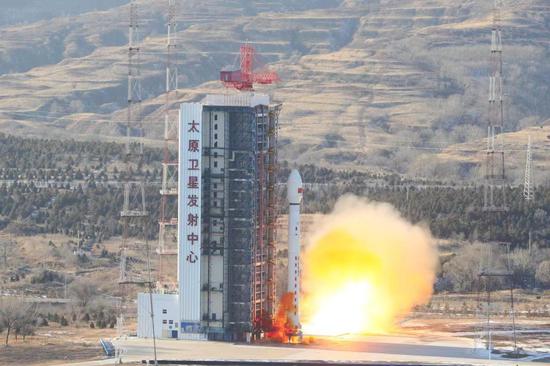

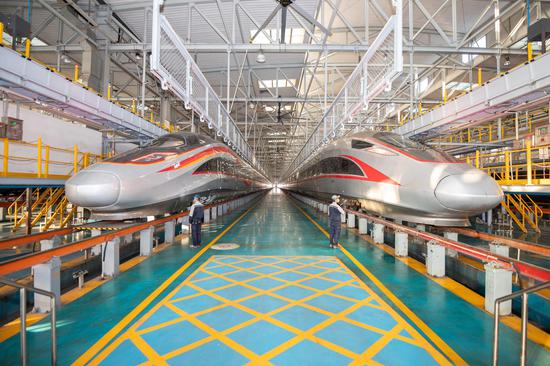

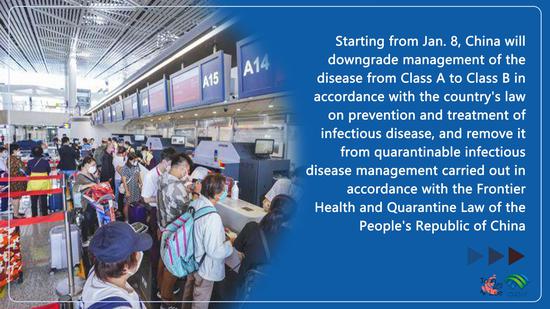


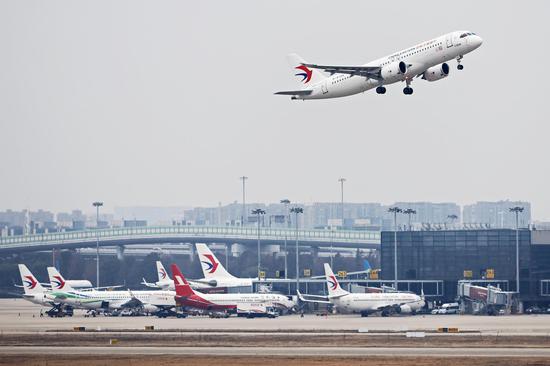

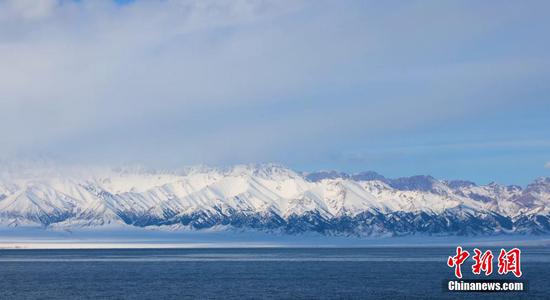
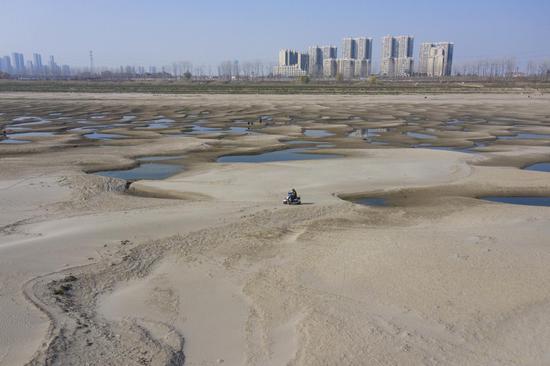
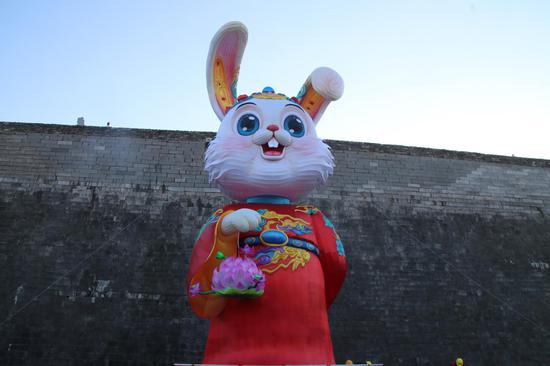



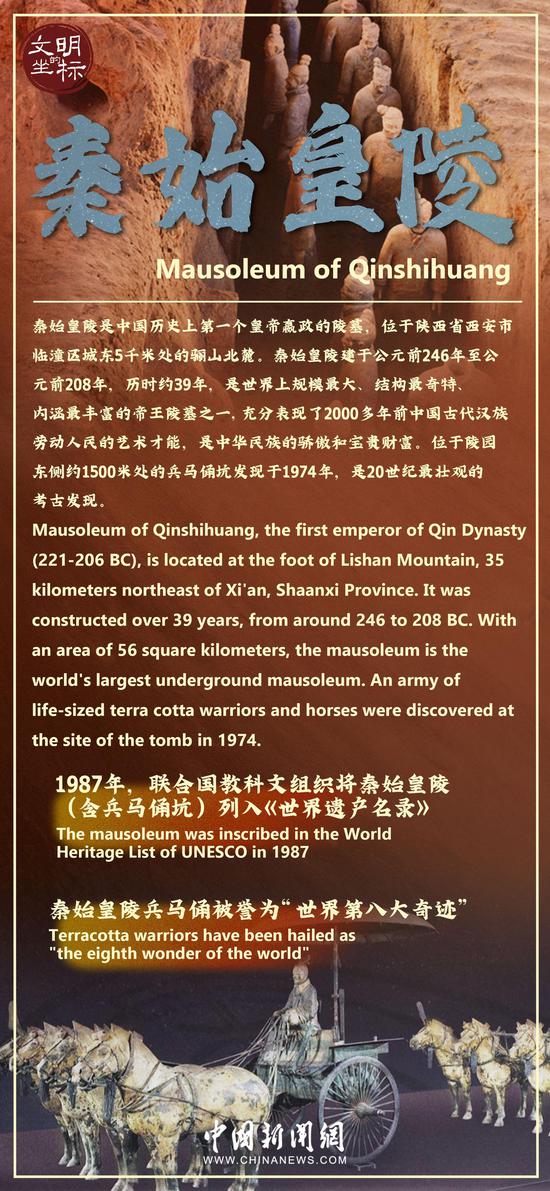
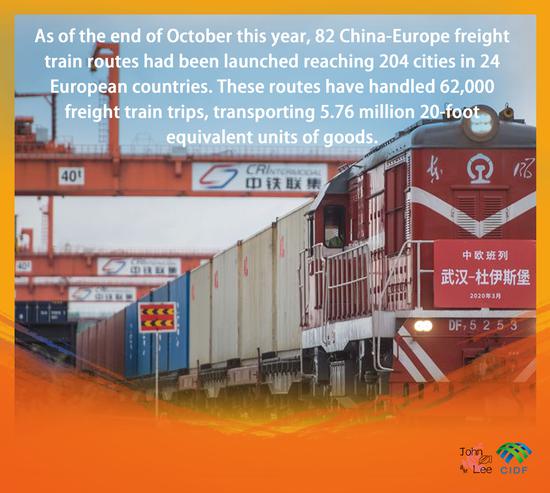



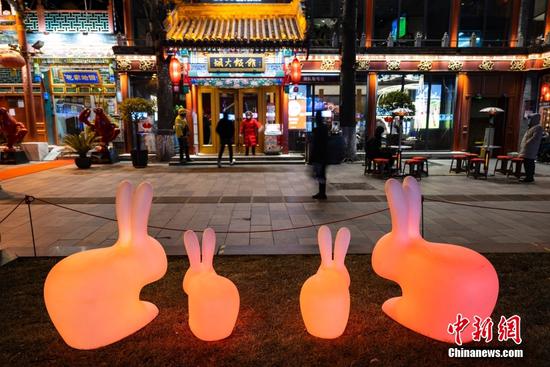
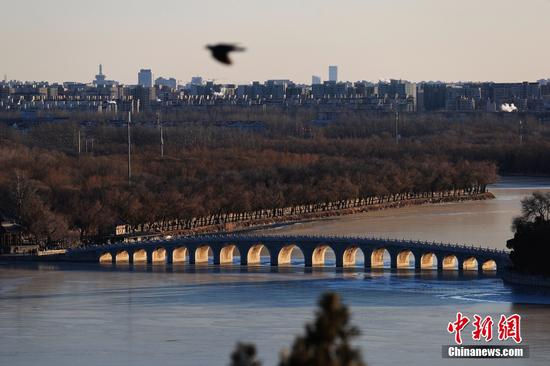


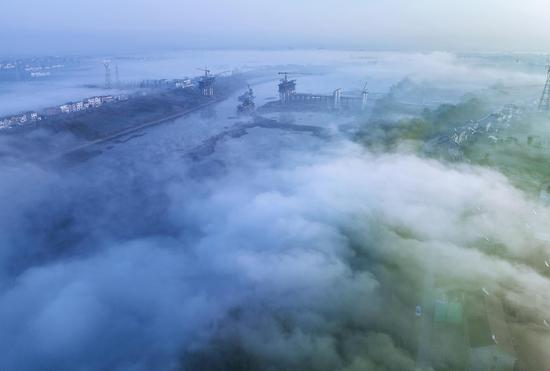

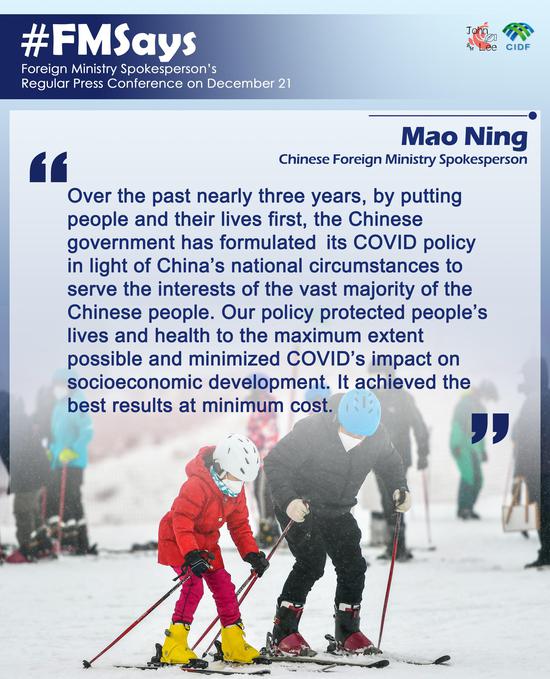

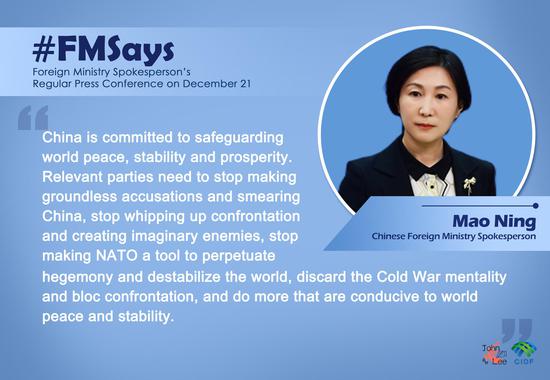


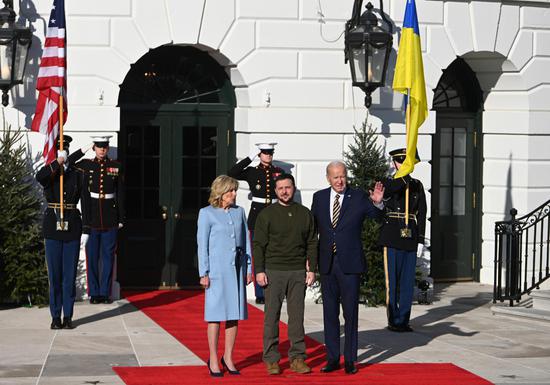
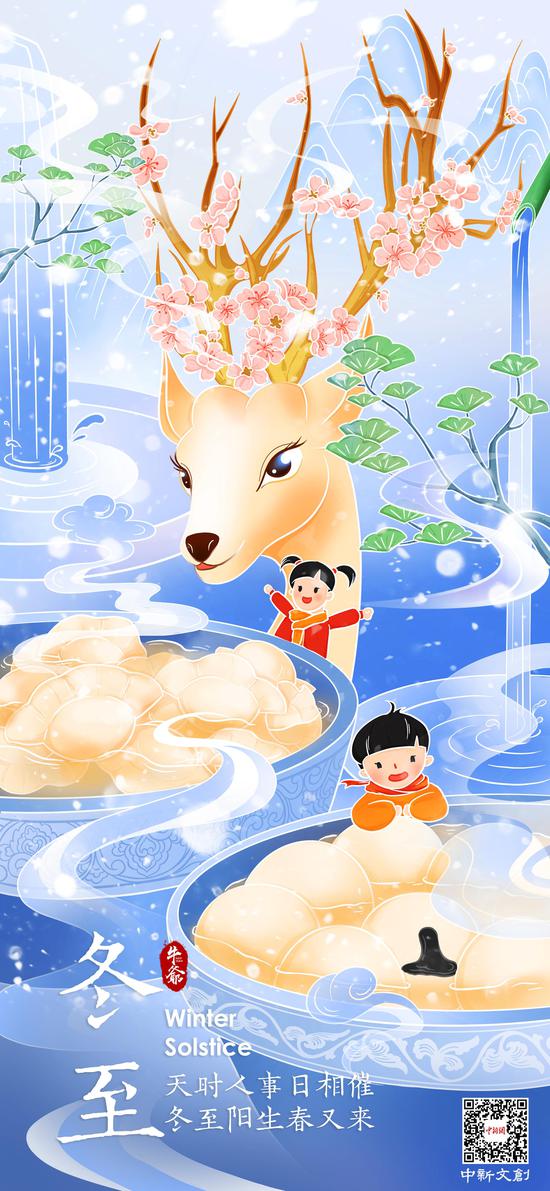
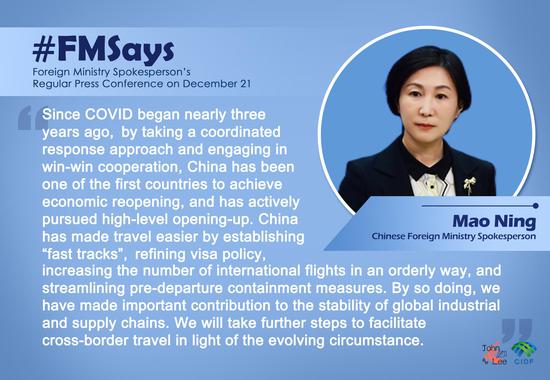

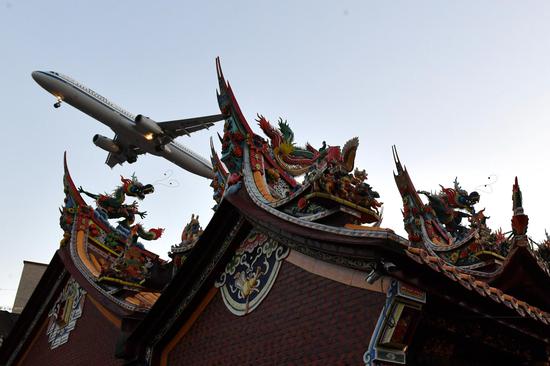






 京公网安备 11010202009201号
京公网安备 11010202009201号